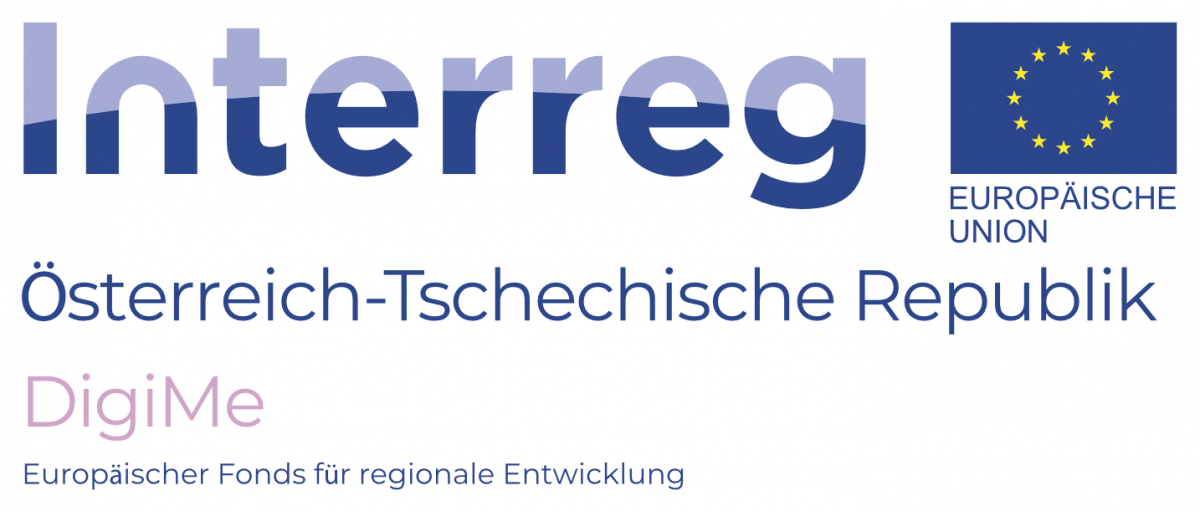
A proliferation of initiatives focusing on trust in data practices and data-driven systems attests to growing interest in this topic. In this context, trust is both important and elusive. There is a lot to be concerned about in our digitalised, datafied times: uses and abuses of the data we produce as a result of everyday activities scandals involving major social media platforms discriminatory data-driven systems misinformation and so-called fake news. In this paper, we propose the concept of ‘complex ecologies of trust’ as a way of addressing all of these issues. They also suggest that conceptualisations of trust in data practices need to account for the complex range of factors which come into play in relation to trust in data and so move beyond the production of typologies. These findings challenge the assumption that localised or individualised solutions can be effective. This paper shifts the emphasis to those doing the trusting, by presenting findings from empirical research which explored user perspectives on the data practices of the BBC. Scholarship on trust often focuses on typologies of trust.



A data trust deficit has been identified, to which proposed solutions are often localised or individualised, focusing either on what institutions can do to increase user trust in their data practices or on data management models that empower the individual user. Trust in data practices and data-driven systems is widely seen as both important and elusive.


 0 kommentar(er)
0 kommentar(er)
